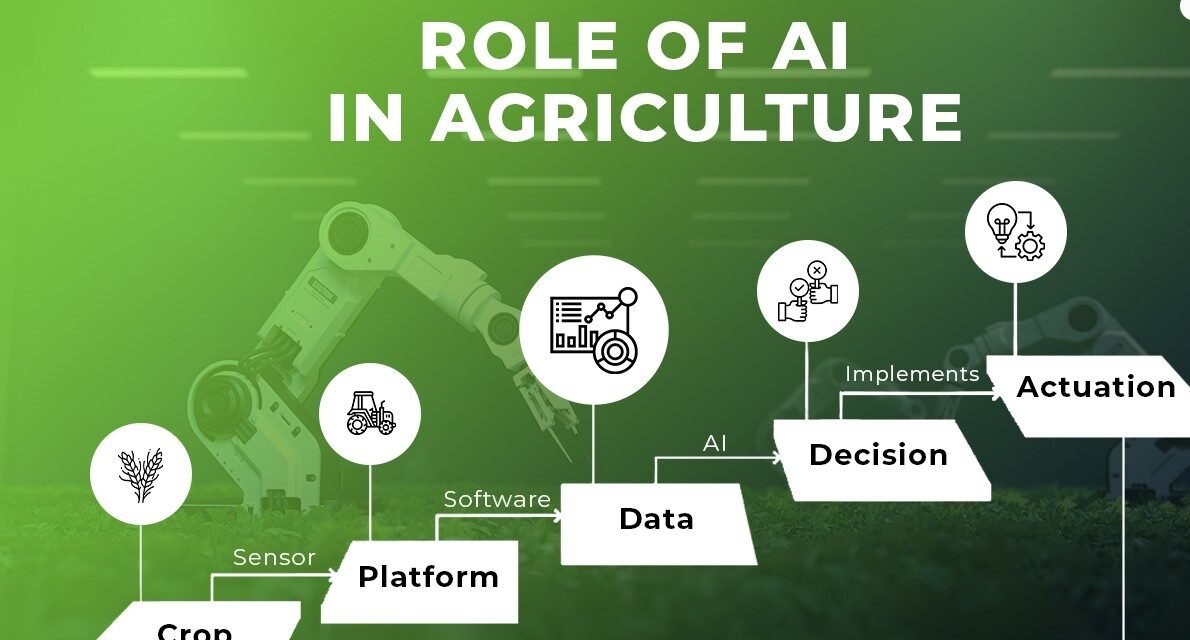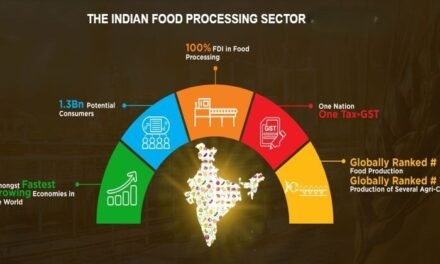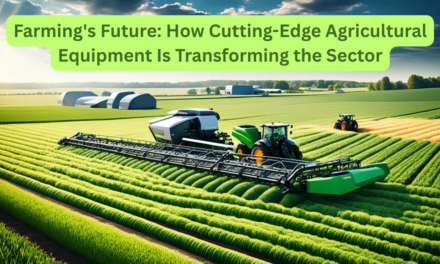Artificial Intelligence (AI) and automation are poised to revolutionize the processing of agricultural products, enhancing efficiency, sustainability, and food safety. Here’s how these technologies are shaping the future:
1. Precision Processing and Quality Control
AI-powered systems can analyze vast amounts of data from sensors and imaging technologies to monitor the quality of agricultural products in real-time. This capability enables precise sorting, grading, and packaging, ensuring consistent product quality and reducing waste. For instance, AI can detect subtle defects or contaminants in produce, allowing for immediate removal and maintaining high-quality standards.
2. Automation of Labor-Intensive Tasks
Automation technologies are increasingly handling tasks traditionally performed by human labor, such as sorting, packaging, and processing. Robotic systems equipped with AI vision and machine learning capabilities can perform these tasks with speed and precision, reducing reliance on human labor and minimizing errors. This shift not only enhances efficiency but also addresses labor shortages in the agricultural sector.
3. Enhanced Supply Chain Management
AI can optimize supply chain operations by predicting demand, managing inventory, and coordinating logistics. This leads to reduced spoilage, efficient distribution, and better alignment between production and market needs. For example, AI algorithms can forecast demand fluctuations, allowing processors to adjust production schedules accordingly and minimize waste.
4. Improved Food Safety and Traceability
AI technologies can enhance food safety by monitoring processing conditions and detecting anomalies that may lead to contamination. Additionally, AI can facilitate traceability throughout the food supply chain, enabling quick responses to food safety incidents and ensuring compliance with regulatory standards. For instance, AI systems can track the origin of ingredients and monitor processing conditions, providing transparency and accountability.
5. Energy and Resource Efficiency
AI can optimize energy consumption and resource utilization in processing facilities. By analyzing operational data, AI systems can identify inefficiencies and suggest improvements, leading to cost savings and reduced environmental impact. For example, AI can adjust processing parameters in real-time to minimize energy use without compromising product quality.
6. Development of New Products
AI can accelerate the development of new agricultural products by analyzing consumer preferences, market trends, and nutritional data. This enables processors to innovate and introduce products that meet evolving consumer demands more effectively. For instance, AI can identify flavor profiles and nutritional combinations that appeal to health-conscious consumers, leading to the creation of new product lines.
AI and automation are transforming agricultural product processing by enhancing precision, efficiency, safety, and sustainability. As these technologies continue to evolve, they hold the potential to address many challenges in the food industry, leading to more resilient and sustainable food systems.









